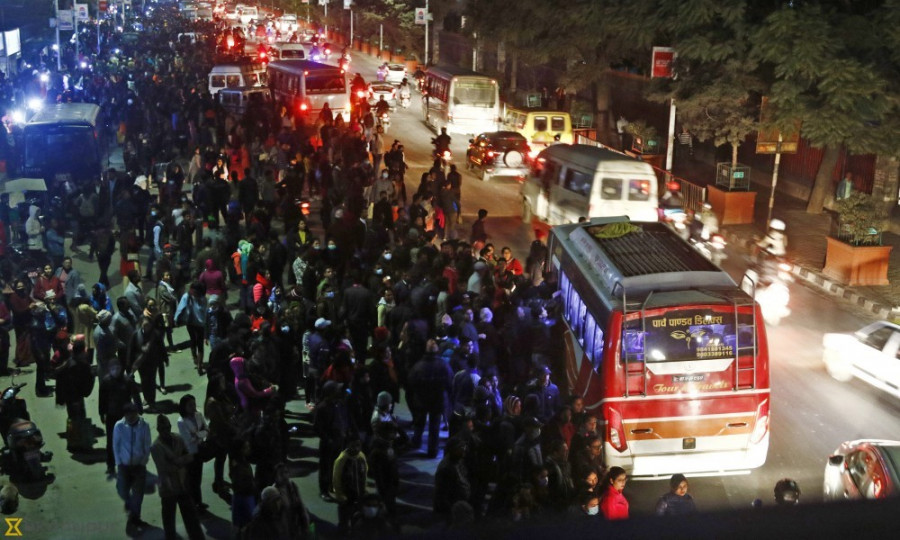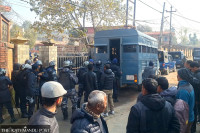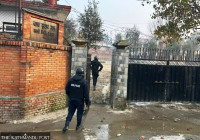Valley
Night bus service planned in Kathmandu from Nepali New Year
Although city rules say buses should run till 10pm, roads wear deserted look after 8.
Anup Ojha
After numerous failed attempts, the Kathmandu Metropolitan City and the Department of Transport Management have finally decided to restore night bus services in the Valley from the Nepali New Year (mid-April), officials said.
The night bus service, which has been launched and discontinued on several occasions, will be available on 15 different routes—each connecting Ratnapark with various parts of the city.
“This time, we are going to operate the night bus service under a new model so that it’s sustainable,” said Hari Kunwar, chief of the civic body’s Urban Good Governance Department.
Although, the city council in April last year directed public transport operators to operate their services from 5am to 9pm (from October 18 to February 12), and 5am to 10pm (from February 13 to October 17), roads in Kathmandu are deserted after 8pm.
Urban planners have long been demanding that the government make provisions for night-bus services from areas such as Tribhuvan International Airport, shopping complexes, cinema halls, and hospitals to revive Kathmandu’s nightlife.
“If the government comes up with a plan for nightlife with secure mobility, it will open new avenues for jobs and that will consequently help the economy,” said Kishore Thapa, urban planner and former government secretary.
Kunwar said that this time, the city was not going to provide any subsidy to night bus operators. In 2012, the city had allocated Rs 2.5 million and the Ministry of Finance Rs 2 million to provide subsidies to operators of night buses. At the time 16 night buses served commuters after 8 pm, but the service was discontinued under six months.
“There is a plan to hike bus fares by 50 percent and bus companies that operate during the day need to run their buses at night as well,” said Kunwar, also the in-charge of the committee formed last year to suggest measures to resume night bus services.
"This time we are doing better preparations to not repeat past mistakes," said Kunwar.
Last year in June, the city and the department announced plans to run night bus services. The two bodies signed agreements with more than half-dozen private companies for the purpose. But, when the department hiked bus fares by 20 percent without discussing it with stakeholders, the very next day the Ministry of Physical Infrastructure and Transport ordered a stay on the increment. This meant that the bus service could not be launched
Saroj Sitaula, general secretary of the Federation of Nepalese National Transport Entrepreneurs Association, is doubtful the new arrangement will work. “We are ready to run our buses, but the starting fare must be around Rs 50 for night buses,” said Sitaula.
“We are ready to coordinate with the city and the transport department on this, but they should also work towards making the night market vibrant, and providing security to buses.”
Two years ago, Sajha bus also started its night service from 8:30pm to 11pm to connect major hospitals in the city through its route. But, it was forced to stop the service after it did not get enough passengers to recover its operating costs.




 20.12°C Kathmandu
20.12°C Kathmandu.jpg)












